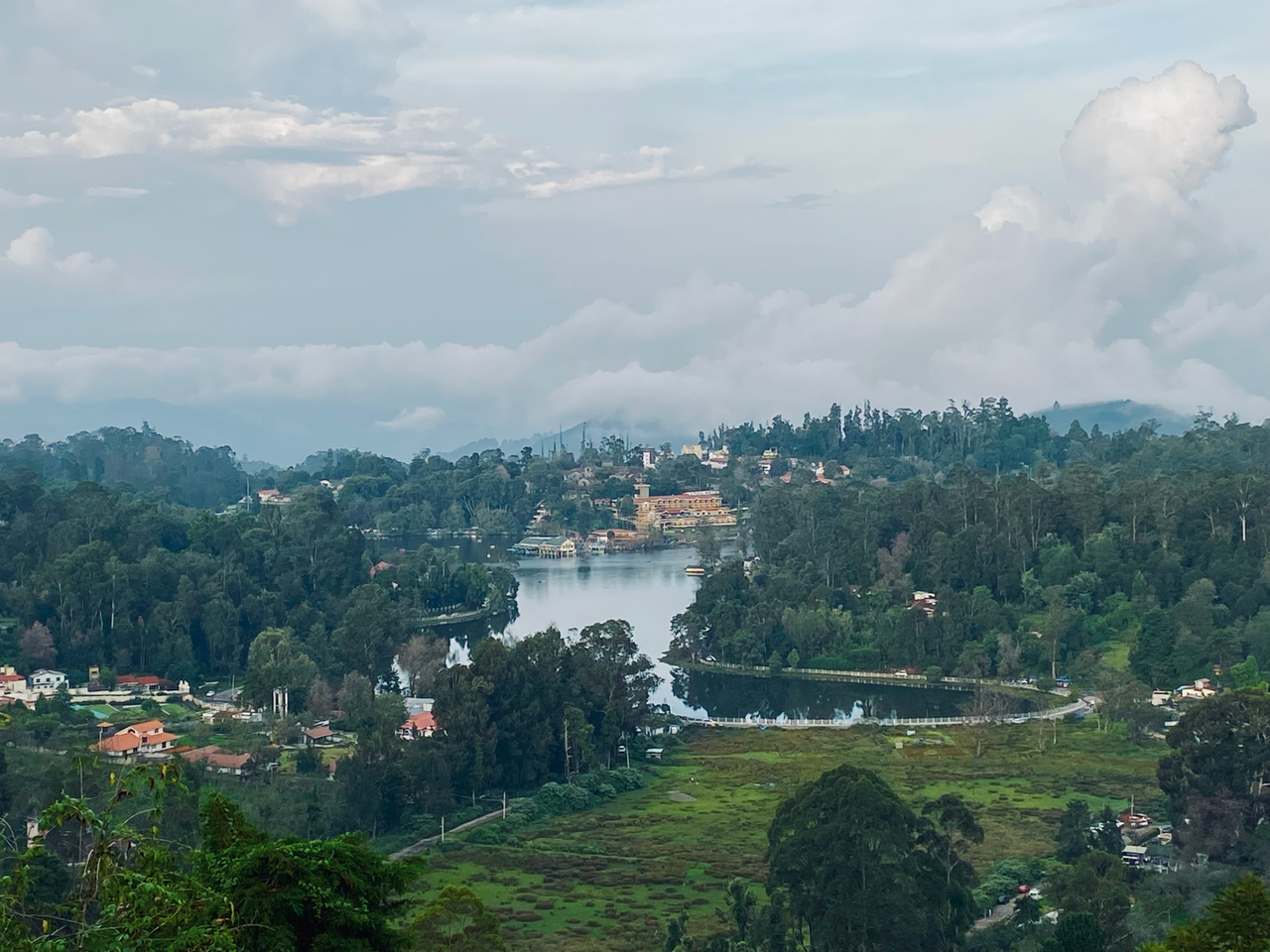
{P}rescriptions for Life
{P}rescriptions For Health, Wellness, Productivity & Living the Examined Life
By registering you agree to Substack's Terms of Service, our Privacy Policy, and our Information Collection Notice

{P}rescriptions For Health, Wellness, Productivity & Living the Examined Life